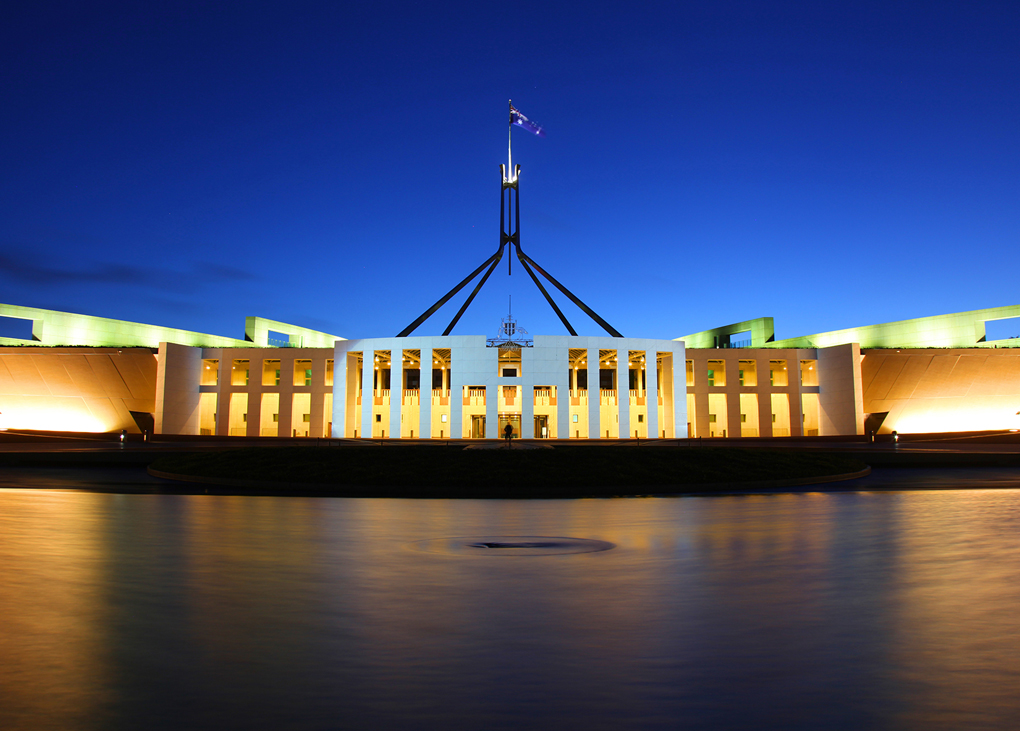AIRAH has noted the positives in an election-focused Federal Budget 2025-26, while also signalling missed opportunities.
AIRAH CEO Sami Zheng, Affil.AIRAH, says that with a federal election to be held in early May, it was no surprise that the Albanese government would look to provide immediate wins for voters.
“But we also need to remember the bigger picture,” says Zheng. “The world has just tipped over the 1.5°C temperature increase that the Paris Agreement was supposed to prevent. In fact, the Budget was only handed down because a tropical cyclone intensified by climate change delayed the election announcement. We can’t take our eyes off these major issues.”
Forward thinking needed
A headline announcement from the Budget was the $1.8 billion over two years from 2025–26 to continue energy bill rebates of $75 per quarter for eligible Australian households and small businesses until December 31, 2025.
Zheng says that while this money will help, it would ideally be directed to energy-efficiency initiatives.
“Paying part of someone’s bill is good in the short term,” she says, “but if we invest in better performing buildings that cost less to cool or heat, we can reduce their energy costs into the future – and reduce emissions at the same time.”
Although the Albanese government has invested strongly in supporting Australia’s net zero commitments during its term, there is less focus on the environment in this Budget.
“We do welcome the $2 billion the government has allocated to recapitalise the Clean Energy Finance Corporation to invest in renewable energy, energy efficiency and low-emissions technologies,” says Zheng.
Training win
AIRAH has also applauded the provision of 100,000 free TAFE places every year from January 1, 2027, to help address the trade labour shortage.
“To make the most of this investment, we need to support our TAFEs with direct funding,” says Zheng. “It’s no good sending more students to facilities that are already struggling. Air conditioning and refrigeration, for example, is not a cheap course to run – the equipment and materials are expensive. AIRAH supports increasing the government payment to TAFEs for each student. That way we can ensure that students who enjoy free education still have a valuable experience.”
As part of a push for greater productivity, the government has announced national licensing for electrical trades that will enable people to work seamlessly across state and territory borders without reapplying for a separate licence or paying additional fees.
“One of the biggest issues faced by HVAC&R technicians and contractors is the patchwork of licence conditions across the country,” says Zheng, “and AIRAH has long advocated for a harmonised system. We will be engaging in the development of this national licensing framework to ensure it also supports air conditioning and refrigeration trades.”
Overall, Zheng says the Budget contains highlights, despite being released in the shadow of an election.
“We understand the context and focus on the positive outcomes,” she says. “Whichever party wins the upcoming election, we will collaborate with them to strengthen our sector and achieve our vision of HVAC&R for a better world.”
 Mark Vender
Mark Vender


Leave a Reply